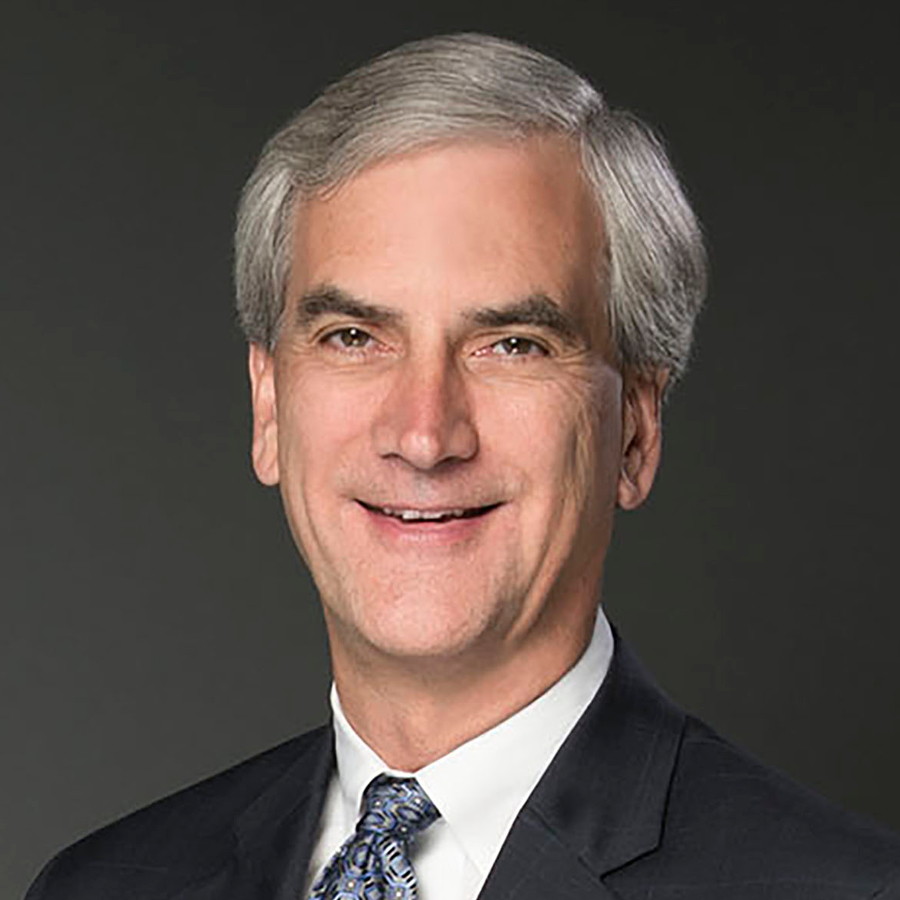Commercial contracts often include a force majeure clause that limits a party’s liability for non-performance in the face of extraordinary events or circumstances beyond that party’s control. As the COVID-19 pandemic continues to impact our economy, litigation will inevitably ensue over the inability to perform under a contract because of limitations resulting from the coronavirus. Delaware case law interpreting force majeure provisions is sparse, but provides some guidance for how courts will apply those provisions in context of failures to perform caused by COVID-19.
Delaware Case Law
Delaware courts will begin their analysis of force majeure provisions by looking to the terms of the contract. In Stroud v. Forest Gate Development Corp., a developer sought to avoid claims for specific performance of a real estate contract, arguing that delays caused by governmental regulators in the development process constituted force majeure events.1 Examining the contract’s force majeure clause, Vice Chancellor Noble noted that “[f]orce majeure clauses are, as a general matter, drafted to protect a contracting party from the consequences of adverse events beyond that party’s control. Application of a force majeure provision, as with any other contractual provision, starts with the words chosen by the drafters ….”2
Practically, this means that Delaware courts will look to the intent of the parties, as set forth in the express language of their contract. The force majeure provision in Stroud contained an express reference to “fires, strikes [and] acts of God,” along with a catch-all phrase at the end – “or any other cause whatsoever” beyond the control of a party – implying that a narrow reading of the clause was not intended. Interpreting that language, Vice Chancellor Noble noted that catch-all phrases generally “must be construed within the context established by the preceding listed causes.”3 Too broad a reading of catch-all language must be avoided, otherwise the parties’ intentions for entering into the contract would be rendered meaningless.
Ultimately, the court in Stroud found that the most likely expectation of the parties with respect to the referenced force majeure clause embodied two concepts: first, the delay causing event must be beyond the reasonable control of a party, and, second, the event must not be reasonably foreseeable in the ordinary course of business. Applying these principles, the court rejected the defendant’s force majeure defense, finding that the delays experienced by the developer were not beyond its control, and that the defendant’s own actions contributed to the claimed delays.4
Relying on the reasoning of Stroud, the U.S. Third Circuit Court of Appeals upheld a lower court’s ruling that force majeure excused the plaintiff’s contractual obligation to enter a racecar in several races in Vici Racing, LLV v. T-Mobile USA, Inc.5 Due to a crash in an earlier race, Vici was unable to enter the racecar, which brandished the T-Mobile logo, in subsequent races. The court examined the language in the force majeure provision “to determine the intent of the parties …." 6
The force majeure provision in Vici required three conditions:
- a nonmonetary obligation prevented by a condition beyond the party’s control,
- notice of the condition, and
- resumption of performance upon resolution of the condition.
The court noted that the crash of the racecar was a non-monetary condition, over T-Mobile’s objection that repair of the car only required payment of money (and could have been done quicker).7 Even though “unextreme financial hardship cannot constitute a force majeure itself”, the damage to the racecar sustained in the crash was the condition preventing performance, not any alleged economic hardship preventing the prompt or speedy repair of the car.8
The Third Circuit also touched upon the concept of foreseeability discussed in Stroud. Although the force majeure provision in the parties’ agreement did not have a foreseeability component, “some courts have inferred such a condition even where the contract makes no mention of it.” The court noted Stroud’s application of a foreseeability test, but rejected the notion “that all force majeure clauses must be read to incorporate the concept of foreseeability.” Instead, the intent of the parties determines whether that concept should be engrafted into the clause. Because T-Mobile did not raise this question below, the court refused to consider how Delaware courts would resolve that issue.
Key Takeaways
The key takeaways from Stroud and Vici are that the language of the particular force majeure clause is critical to the analysis, and that broad catch-all provisions will be narrowly construed. Moreover, financial hardship alone typically will not excuse performance. The lack of foreseeability of the condition preventing performance may be implied by the court, but will likely be limited by the express language of the force majeure clause. While it is unlikely that many force majeure provisions will contain language that excuse performance for a pandemic, such as COVID-19, the intention of the parties, as set forth in the language they use in the contract, will control.9
If you have questions about force majeure clauses under Delaware law, please contact John Newcomer (jnewcomer@morrisjames.com; 302.888.6975) or David Soldo (dsoldo@morrisjames.com; 302.888.6950)
1 2004 WL 1087373, at *1 (Del. Ch. May 5, 2004).
2 Id. at *5.
3 Id.
4 Id. at *7.
5 763 F.3d 273, 287 (3d Cir. 2014).
6 Id.
7 The court noted: “The fact that money can solve a problem does not mean the lack of money caused the problem.” Id.
8 Id. at 288.
9 Other defenses to non-performance, such as impossibility or frustration of purpose, may be applicable, some of which are discussed in a separate article.




